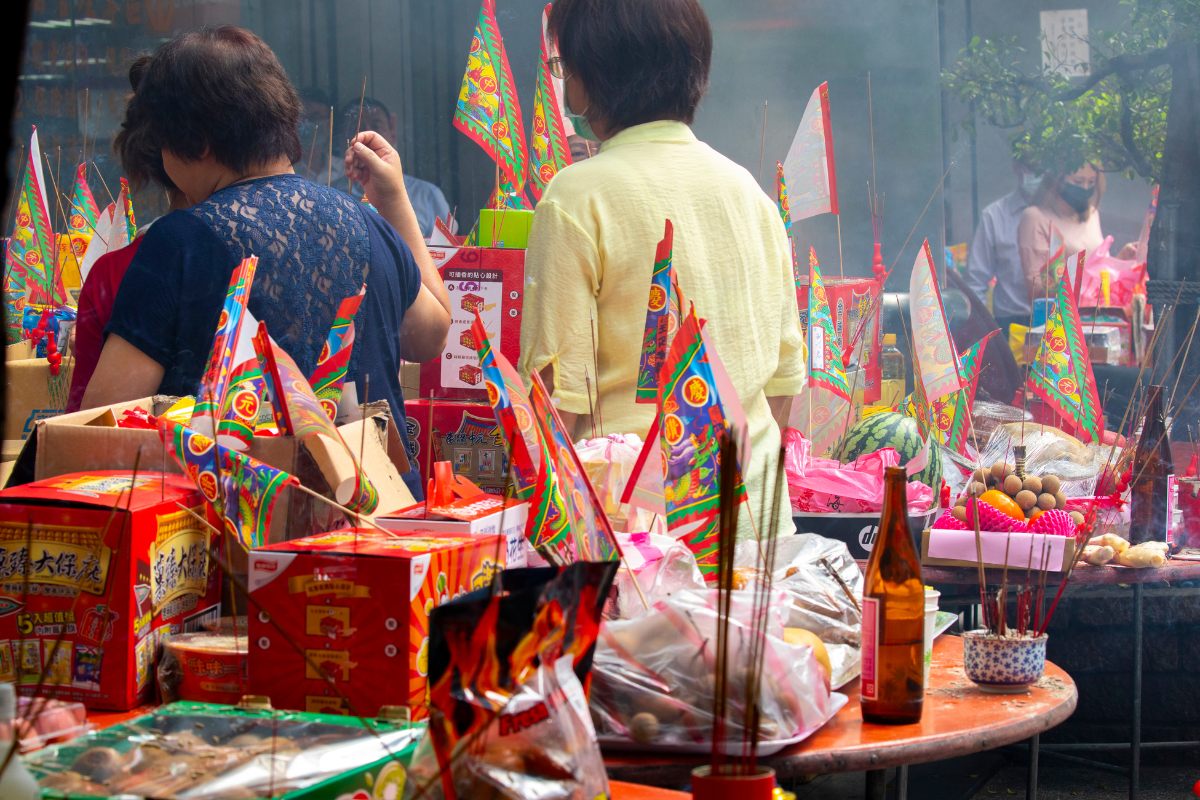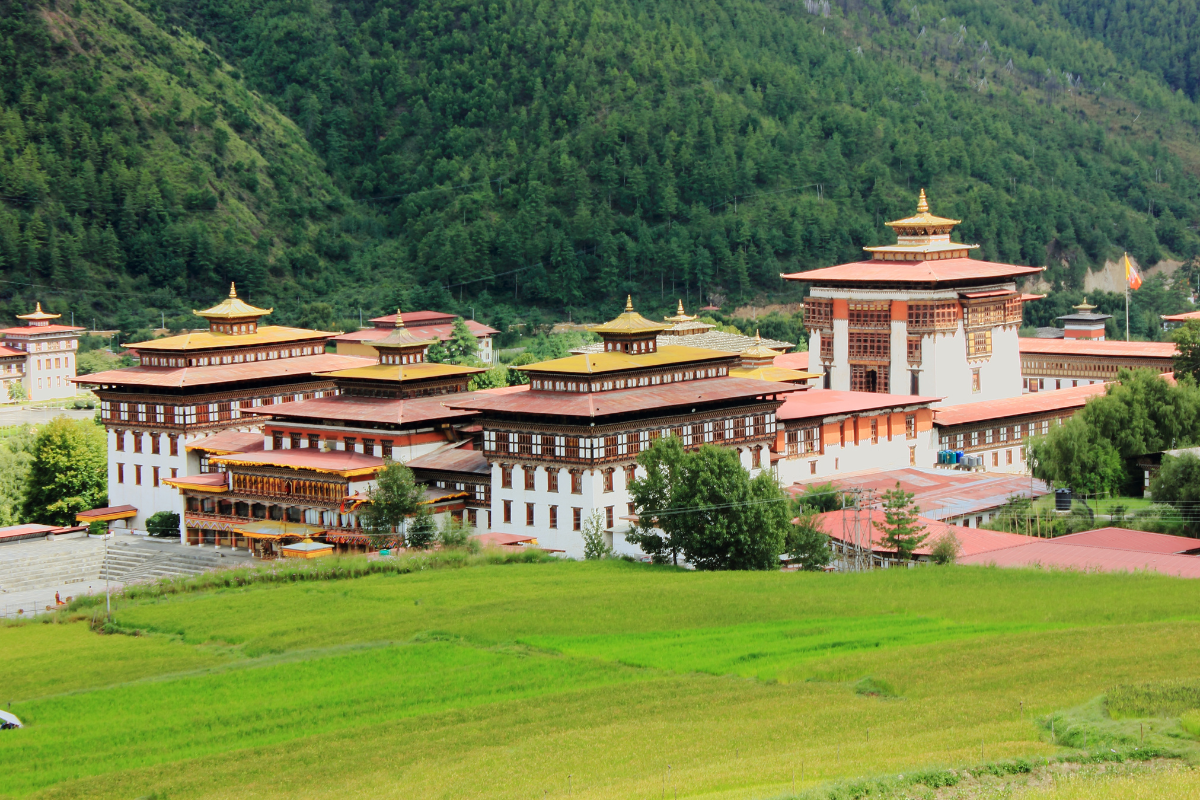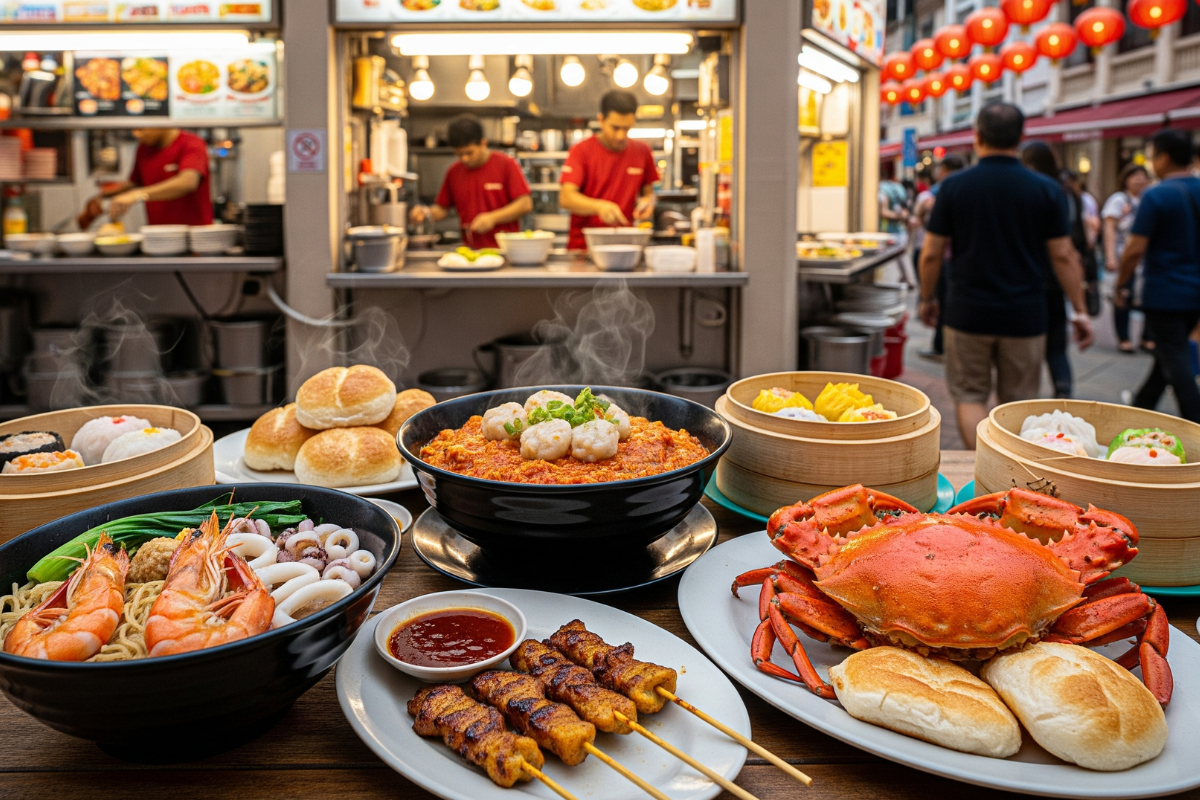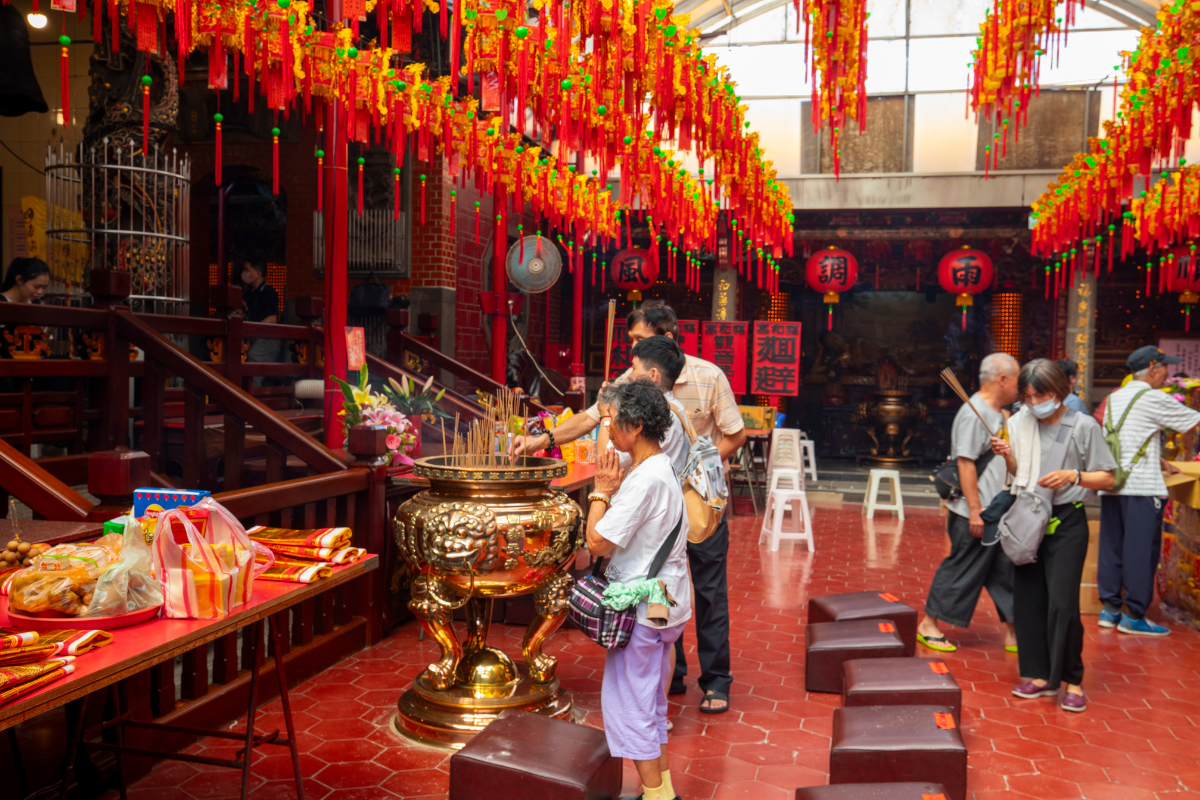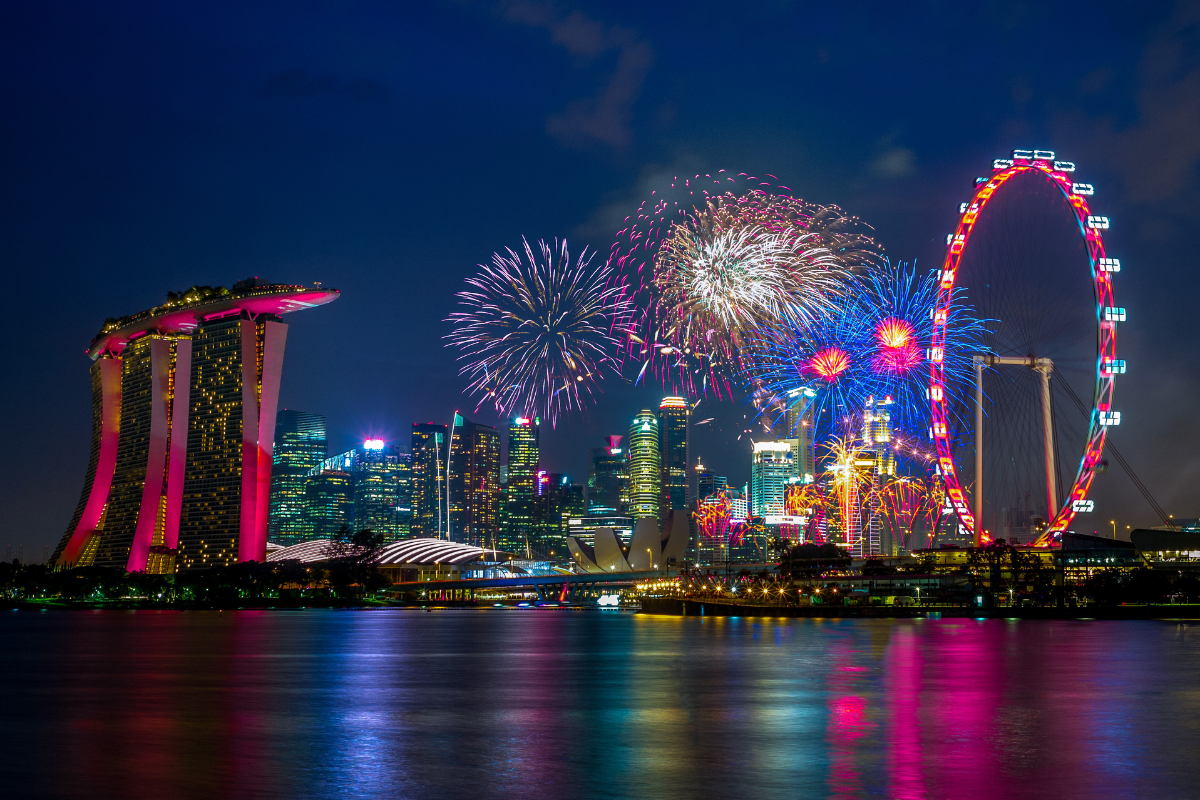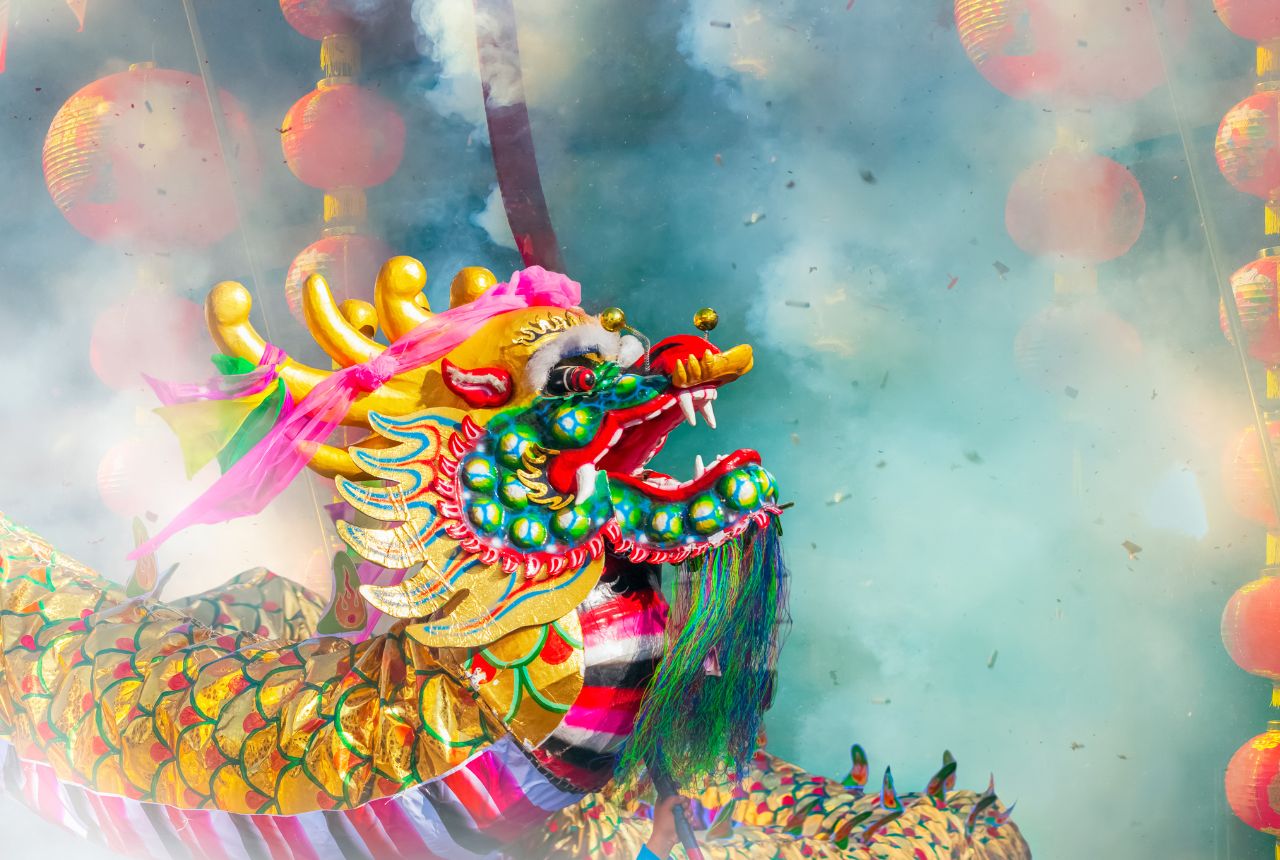10 Dos & Don’ts During Hungry Ghost Month
10 Dos & Don’ts During Hungry Ghost Month
Hungry Ghost Month, known as Zhong Yuan Festival in Chinese culture, is observed on the seventh month of the lunar calendar, typically falling between August and September. Rooted in centuries-old traditions, the festival centres around the belief that the gates of the underworld open during this period, allowing spirits to roam the living world. While it is a time of reverence and offerings, it is also associated with various taboos and superstitions, particularly in Singapore, where multicultural practices and modern urban life intersect. For locals and visitors alike, understanding the dos and don’ts during this period can help navigate the month respectfully while also gaining a fascinating insight into Singaporean Chinese culture.
Here’s a practical guide highlighting 10 key dos and don’ts during Hungry Ghost Month.
-
Do Offer Food to Ancestors and Spirits
One of the most common practices during Hungry Ghost Month is making food offerings to deceased relatives and wandering spirits. Traditionally, families set up altars at home or at temples with dishes like rice, fruits, roasted meats, and desserts. These offerings are not only a way to honour ancestors but also to appease wandering spirits who may be seeking nourishment.
In Singapore, it is common to see temporary stalls outside homes or along streets selling prepared food and joss paper. Participating in this practice is both a mark of respect and a cultural experience. Visitors can observe the rituals, and if invited, partake respectfully by learning how to present offerings without touching the altar or food directly.
-
Don’t Swim at Night
A longstanding taboo during Hungry Ghost Month is avoiding swimming at night. Traditionally, it is believed that the spirits of those who drowned may linger near water, seeking company or retribution. Swimming in rivers, lakes, or even at the beach after dusk is considered dangerous as one might accidentally encounter these spirits.
Even in modern Singapore, where public swimming pools are common and city waterways are well-managed, many families still heed this precaution. It’s a blend of superstition and practical safety advice—after all, night swimming comes with its own set of real-world hazards.
-
Do Attend Cultural Performances
Singapore’s vibrant Chinese communities often organise operas, getai (live stage performances), and puppet shows during Hungry Ghost Month. These performances are traditionally meant to entertain both the living and the spirits. Attending a getai is an excellent way to immerse yourself in the cultural atmosphere while showing respect for local traditions.
When attending, it is polite to remain attentive and avoid disruptive behaviour, such as talking loudly or taking intrusive photos. You’ll find that the performances are lively and colourful, combining music, comedy, and drama—a unique insight into how local culture blends entertainment with ritual.
-
Don’t Walk Alone in Dimly Lit Areas
Another widely observed taboo is avoiding walking alone in poorly lit areas at night. Folklore suggests that wandering spirits are more active in the dark and may attach themselves to those who venture alone. While Singapore is generally safe and well-lit, many still choose to exercise caution, particularly around older housing estates or areas near temples.
This practice serves a dual purpose: it honours traditional beliefs and promotes personal safety. If you’re a visitor, it’s wise to travel with friends or stick to well-lit, busy streets after dark during the festival period.
-
Do Respect Elders and Family Traditions
Hungry Ghost Month is not just about fear and superstition—it’s also a time for family, reflection, and respect for ancestors. Elder family members often hold deep knowledge about rituals, offerings, and taboos. Showing respect, listening attentively, and participating in family traditions is a meaningful way to observe the month.
Even if you do not personally follow the spiritual beliefs, acknowledging the customs demonstrates cultural sensitivity and fosters connection. Simple gestures like bowing lightly at an altar or helping to set up offerings are appreciated and appropriate.
-
Don’t Invite Spirits into Your Home Unnecessarily
Traditional customs caution against inviting spirits into your home unless performing a specific ritual. Activities like burning joss paper or leaving out food should be done mindfully and in designated areas. Overly casual or careless actions may be interpreted as inviting unwanted spiritual attention.
In practical terms, this means avoiding placing offerings in living spaces or bedrooms and keeping ceremonial fires and incense safely outdoors or in well-ventilated areas. For newcomers to Singapore, asking a local or temple official for guidance ensures you show proper respect while remaining safe.
-
Do Light Incense Respectfully
Incense burning is central to Hungry Ghost Month rituals, symbolising communication with the spirit world. When lighting incense sticks, it is important to do so respectfully: bow slightly, avoid waving smoke toward people, and never place sticks directly in the path of foot traffic.
In Singapore, temples often provide communal incense burners. Observing local etiquette, such as waiting for your turn and maintaining a calm demeanor, ensures that the act remains a meaningful ritual rather than a casual gesture. This respect extends beyond religious practice—it is a way of honouring local culture.
-
Don’t Engage in Taboo Topics or Arguments
During Hungry Ghost Month, many families avoid discussing taboo topics such as death, accidents, or personal misfortune. It is also considered unwise to argue loudly or create negative energy around offerings or rituals. Superstitions suggest that such behaviour may attract restless spirits or bad luck.
For visitors, this is a gentle reminder to be mindful of conversations around locals. While modern Singaporeans may interpret these customs loosely, adhering to them during the month is a sign of cultural awareness. Friendly, neutral topics are always safe when interacting with family or at temple events.
-
Do Be Mindful of Fire Safety
Rituals involving burning joss paper, candles, or incense can pose fire hazards, especially in urban Singapore. Being mindful of fire safety is both a cultural expectation and a legal requirement. Always follow temple guidelines, use designated burners, and avoid leaving burning items unattended.
Many residents also take the precaution of keeping a small bucket of water nearby and ensuring that offerings are placed on non-flammable surfaces. Observing these practices ensures that the spiritual rituals remain safe in a modern city setting.
-
Don’t Ignore Your Surroundings
Finally, it is advisable not to ignore your surroundings during Hungry Ghost Month. In addition to the spiritual superstitions, Singapore’s streets may feature temporary shrines, food stalls, or performances that require careful navigation. Being aware of where you step, respecting cordoned-off areas, and observing local customs ensures both your safety and the smooth continuation of the festival.
Visitors who take a few moments to watch and follow the locals often find themselves learning the subtleties of Singaporean life—how tradition and modernity intertwine in a densely urban environment.
Cultural Insight: Why These Dos and Don’ts Matter
Hungry Ghost Month combines spiritual beliefs, ancestral reverence, and societal norms. Many of the dos and don’ts have practical origins—avoiding night swimming or walking alone in dark areas was sensible safety advice long before it became spiritual taboo. Likewise, communal performances and offerings foster community cohesion and respect for elders.
For Singaporeans, these practices preserve cultural identity in a rapidly modernising city. For visitors, understanding the reasons behind each custom enhances appreciation and ensures respectful participation. It is not only about fear of spirits; it is about maintaining harmony, showing respect, and connecting with centuries of tradition.
Practical Tips for Observing Hungry Ghost Month
- Plan ahead: Check local events or temple schedules if you wish to attend getai or performances.
- Observe before participating: Watch locals perform rituals to understand etiquette.
- Travel in groups at night: Stick to well-lit streets to honour tradition and stay safe.
- Ask for guidance: Temple staff and elder family members are happy to explain customs.
- Be respectful but relaxed: It is fine to observe without fully engaging, as long as you show courtesy.
Conclusion
Hungry Ghost Month in Singapore is a unique blend of spirituality, culture, and community. By following these 10 dos and don’ts, locals and visitors alike can navigate the month respectfully, avoiding unnecessary missteps while appreciating the depth of Chinese cultural traditions.
From offering food to ancestors to respecting fire safety and avoiding taboo topics, each practice carries meaning that transcends superstition. It reflects Singapore’s enduring respect for the past, the living, and the unseen. Participating thoughtfully in Hungry Ghost Month allows individuals to connect with heritage, celebrate community rituals, and honour the beliefs that continue to shape the city’s vibrant cultural tapestry.
Whether you are a local seeking guidance or a visitor eager to learn, understanding these customs ensures that Hungry Ghost Month is a period of awareness, reflection, and respectful celebration.

